Christmas celebrations in Mexico are a reflection of this country’s history and clearly uncover the blend of influences it has received—from indigenous traditions, to Christian-Spanish colonization and other European influences, to modern day global influences. When the Spanish arrived in Mexico during the sixteenth century, Catholic priests brought with them Christian holidays, including Christmas, that were influenced by indigenous traditions. Christmas in Mexico today is celebrated with the many known customs and traditions that are undeniably present in the US, such as Santa Claus, Christmas trees, and festive lights all around. However, there is also an abundance of typical traditions that are unique to Mexico and its history of interaction between different cultures.
In Mexico, Christmas is observed around specific dates; starting from December 12th to January 6th, and adding one extra celebration on February 2nd, on Día de la Candelaria (Candlemas day). While most are a reflection of Mexican culture where there is traditional food at the table, parties, and laughter, we wanted to break these festivities down to reflect how a religious holiday has become a cultural staple for people in Mexico, who celebrate many of these events despite their religion.
On December 12th, which is the Day of the Virgin of Guadalupe, or Día de la Virgen de Guadalupe, is a religious event held to honor the saint patron of Mexico, the Virgin of Guadalupe. Many pilgrims around the country travel in caravans to the Basilica of Guadalupe in Mexico City to visit and celebrate her. Those who do not travel usually visit a town church dedicated to her as well. Afterwards, the whole city celebrates with fireworks, games, live music, and street vendors filled with Christmas food typical of Mexico such as buñuelos, atole, and tamales.

Entrance to the Basílica de Guadalupe. Photo by Insigne and Nacional Basílica de Santa María de Guadalupe (Facebook)
Throughout the 16th to the 24th of December, it is known as Las Posadas, which are re-enactments of Mary and Joseph’s pursuit to find shelter. This is a family event where children and adults hold candles and go door-to-door singing a traditional posada song that asks homeowners to let them in and, only after being denied of it several times, one lets them in. During these days some small towns hold massive posadas where everyone is invited and literally participates in this re-enactment, while others do this in their houses with close friends and family. No matter where or how they are held, these processions end with plenty of food and drinks to go around, singing villancicos, or Christmas carols (some traditional to Mexican culture and others the Spanish versions of well-known carols), and, of course, with piñatas for the children to break filled with candy, peanuts, tangerines, and other fruits.

Posadas in Mexico. Photo by La Voz de Durango (Facebook)
Some posadas include a Pastorela, which are (often comedic) theatrical productions with known people instead of actors that depict the shepherds' journey to meet Baby Jesus and their encounters with different obstacles, such as devils and angels. Historically, pastorelas were used to teach indigenous peoples devotion for this holiday and its significance as well as the history of the birth of Jesus.
The last posada is held on December 24th. This day people in Mexico celebrate Christmas Eve, or Nochebuena. Filled with traditional Mexican food such as bacalao, ponche, romeritos, mole, among many other delicatessens, homes are filled with friends and families. The same as other countries that observe this religious holiday, gifts are exchanged under a Christmas tree, and time is well spent among loved ones who also spend this time the next day, during December 25th on Christmas Day (Navidad). Although the tradition of Santa Claus bringing gifts to children has grown in popularity, some parts of Mexico have Baby Jesus bring presents instead. Others, however, still celebrate the Spanish and older tradition of the Three Wise Men being the ones who bring gifts for the little ones the night of January 5th to wake up to them on January 6th.

Wise Men. Photo by Andy Holmes (Unsplash)
The same as April Fool’s Day, Mexico has a day dedicated to pranks. December 28th is known as Día de los Santos Inocentes, or the Feast of the Holy Innocents. This holiday dates back to a religious observance day referring to King Herod’s order to execute innocent male children in Bethlehem. This day in Mexico, children are allowed to play practical jokes and pranks on their elders and get away with it by saying “inocente palomilla”, or “you, innocent dove”.
January 6th is known as Día de Los Tres Reyes Magos, or Three Kings Day. In Mexico this is (almost) the last day of celebrating Christmas holidays and is also traditional to spend it surrounded with friends and family and a table full of traditional food. However, the food that marks this day is the delicious rosca de reyes, a sweet bread in the shape of a wreath with hidden Baby Jesus figurine inside. The purpose of this is to each cut their own piece of bread and those who find a figurine have to host a party for the Día de la Candelaria, on February 2nd.
Tamales. Photo by Dennis Schrader on Unsplash
Lastly, on February 2nd, with the Día de la Candelaria, or Candlemas, the end of Christmas festivities arrives. On this day, those who got a Baby Jesus figurine on their rosca de reyes hosts a party where tamales have to be served, usually but not necessarily made by the host who had plenty of time to make them since January 6th.
---
Tell us, have you ever participated in any of these celebrations? We would love to hear more from you!
If you are looking to celebrate a posada, do not hesitate to check out our foldable piñatas. Or, if you would like to add some Mexican style to your Christmas tree and decorations, check out our Winter and Christmas Collection. Lastly, if you would like to dress up for this event check out our collection of warm clothing made of different weaving techniques, a mañanita would be excellent for a posada!



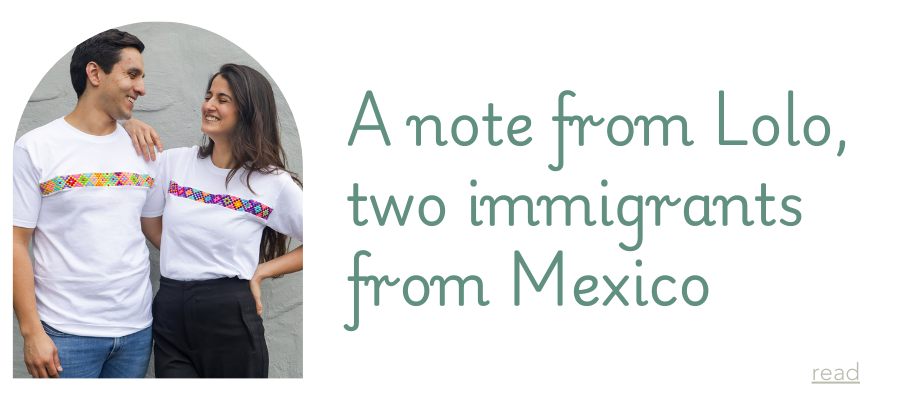
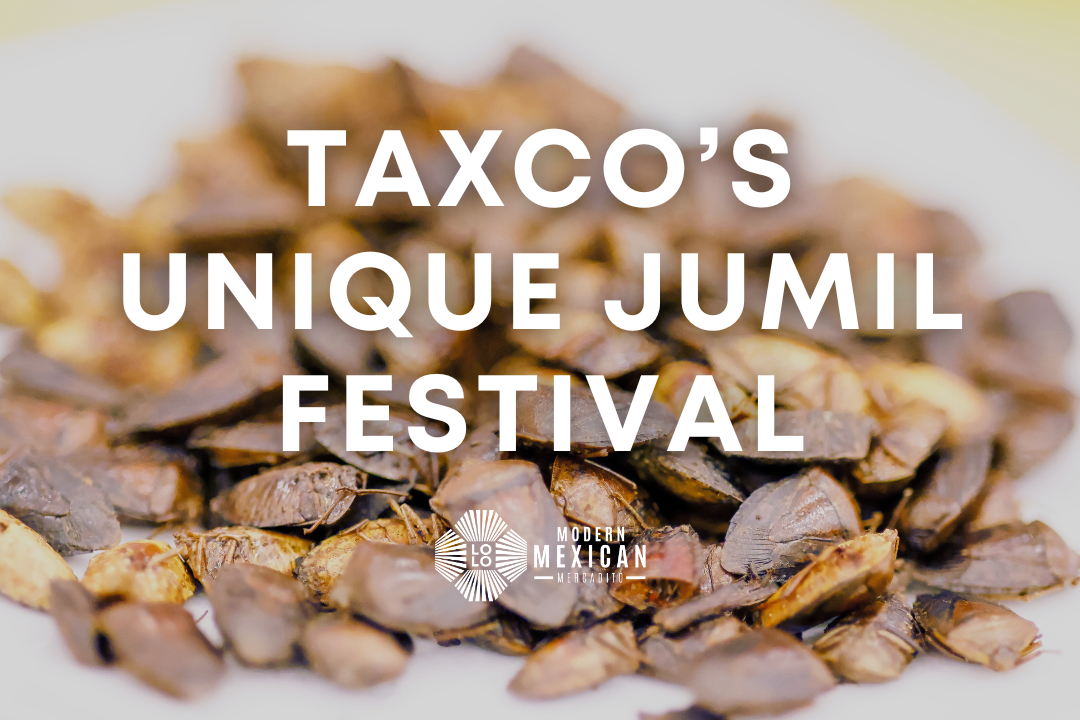
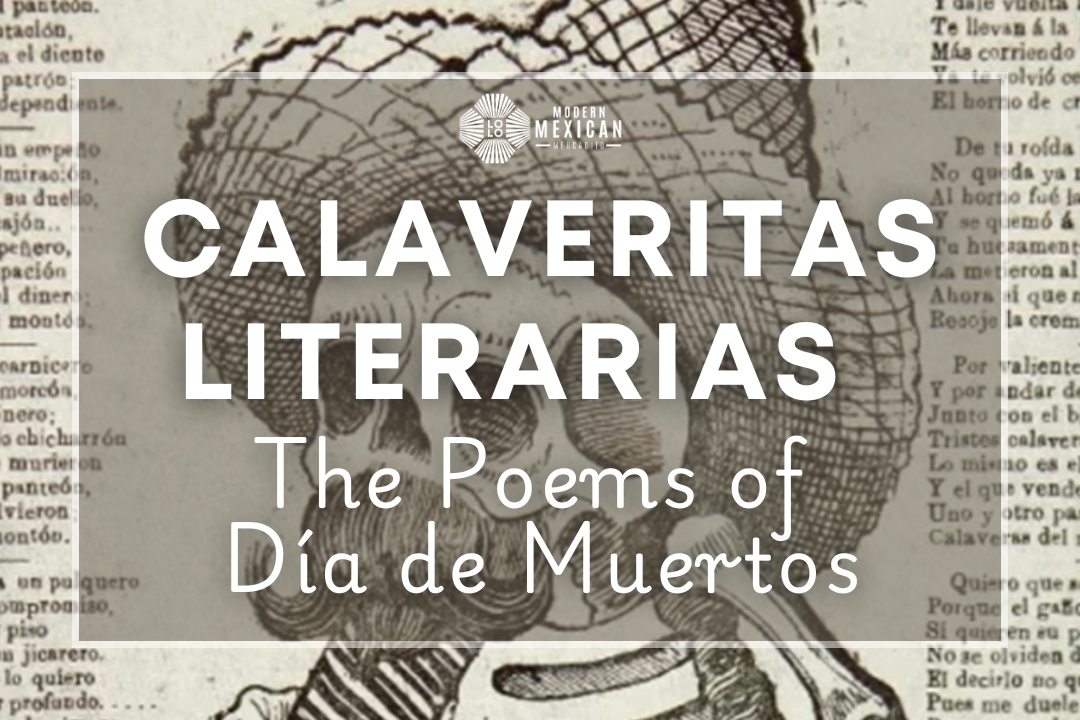
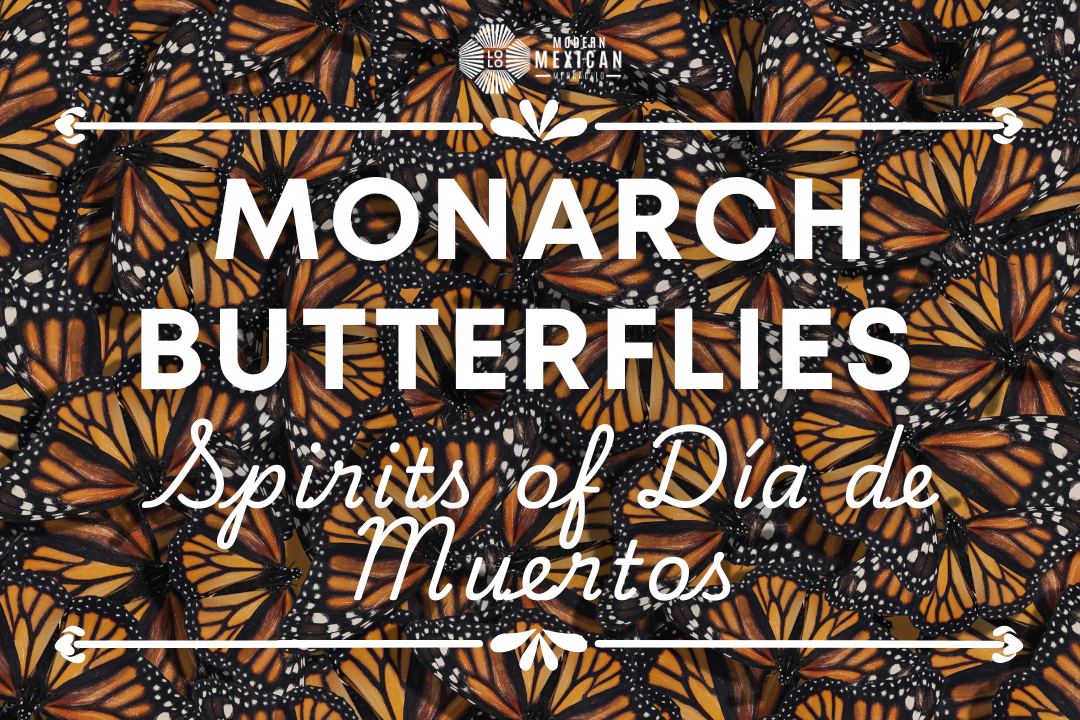
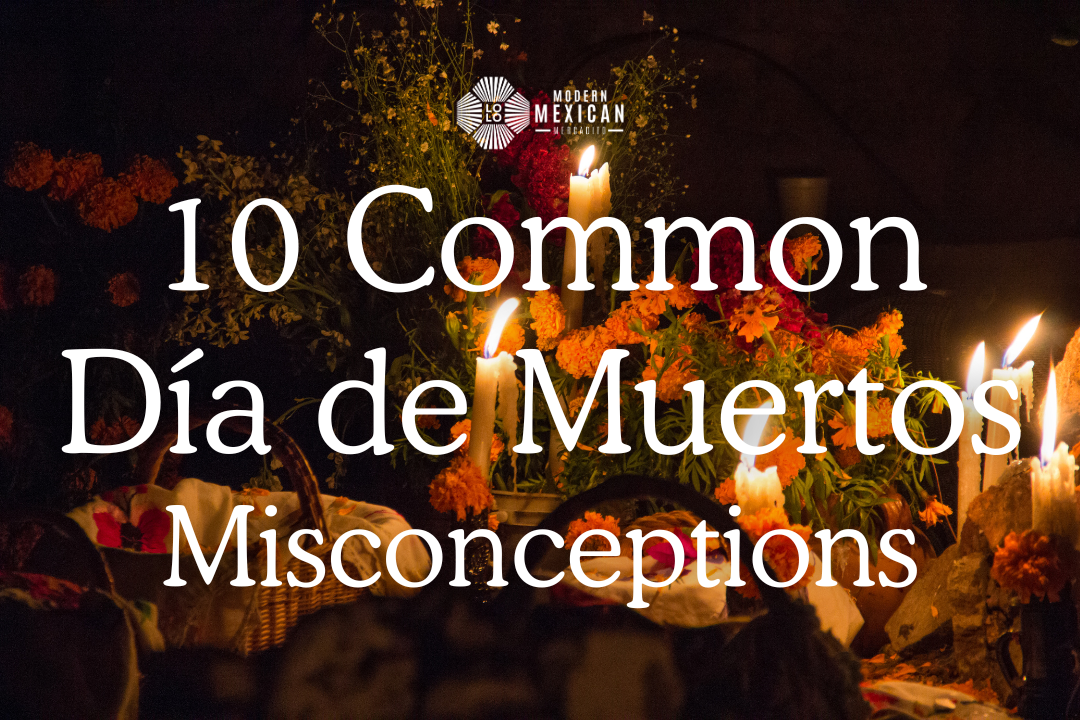
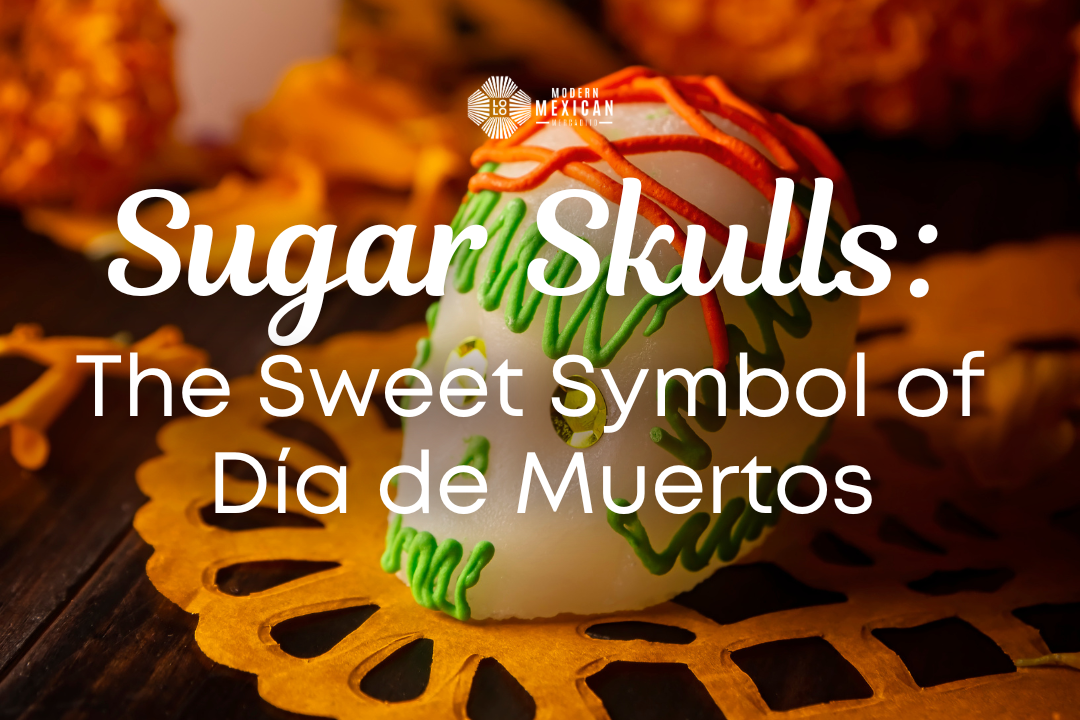

3 comments
Susan Bricken
Thank you very much for sharing this information. I am learning, well, trying to learn, Spanish and I think that the language is more than just words, but is the food, the customs, the music, the people, etc. as well.
Lety Ocampo
Growing up our family would go to Mexico every year for Christmas and New Year’s. I remember taking part in all the celebrations, going to Church then partying all night with all our relatives, usually going from one home to another. All the out of town families would squeeze into my grandmother’s small house with cousins delegated to sleep on the floor. Everyone would wake up a few at a time to squeeze into the kitchen and eat breakfast and then open presents. I think the only time that house was ever silent was when everyone was sleeping, otherwise it was a cacophony of voices and music. How I miss those days…
LINDA CUEVAS
MUCHAS GRACIAS POR LA INFORMACION. MUY INTERESANTE Y YO QUE SOY MEXICANA NO SABIA MUCHAS COSAS , MUY INTERESANTE LA INFORMACION DE NUESTRAS TRADICIONES Y TAMBIEN EN LAS POSADAS SE DA PONCHE CON PIQUETE (ALCOHOL) MUCHAS GRACIAS LOLO POR ESTA VALIOSA INFORMACION . LES MANDO UN ABRAZO Y QUE DIOS LOS BENDIGA Y SEA UNA BUENA TEMPORADA NAVIDEÑA